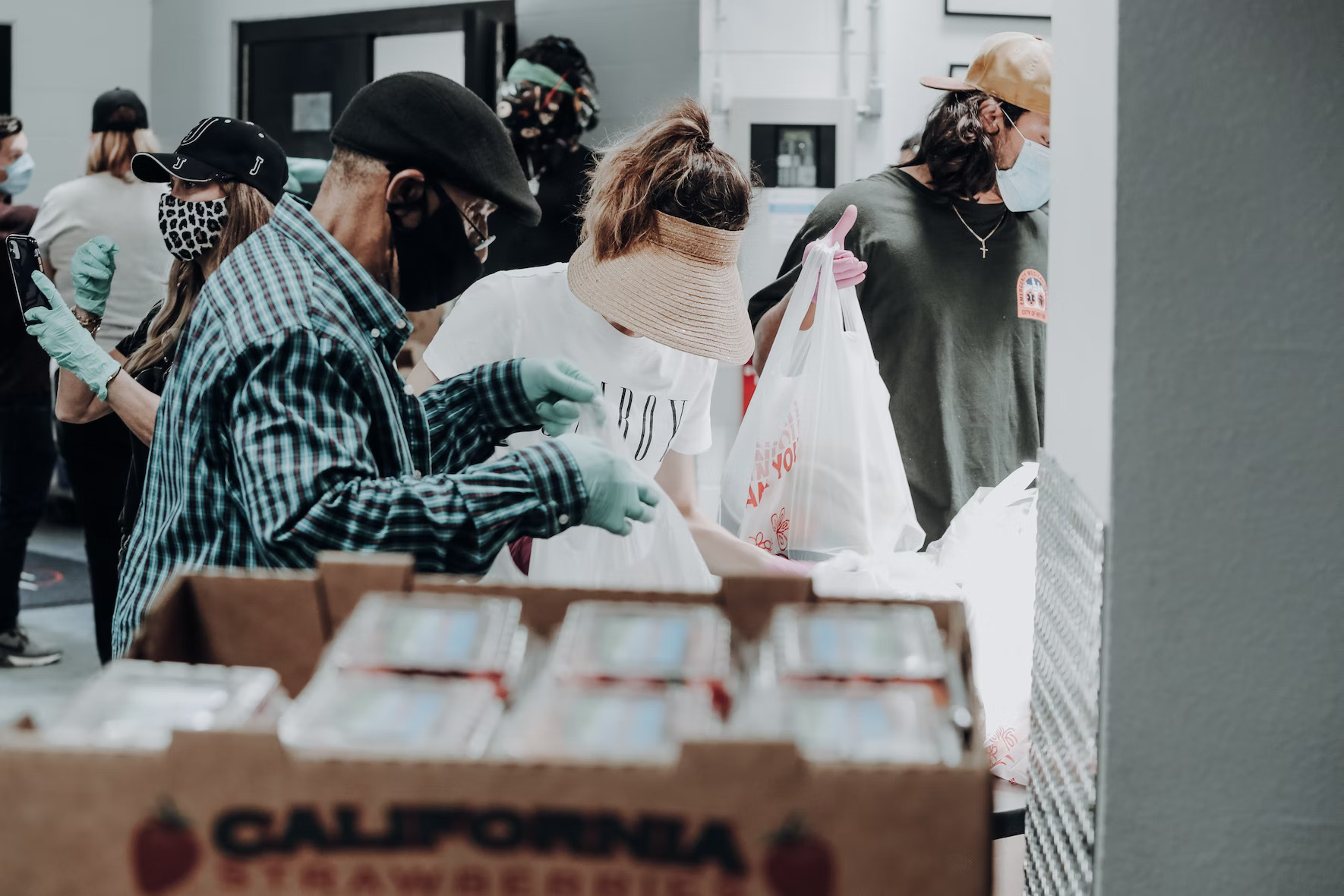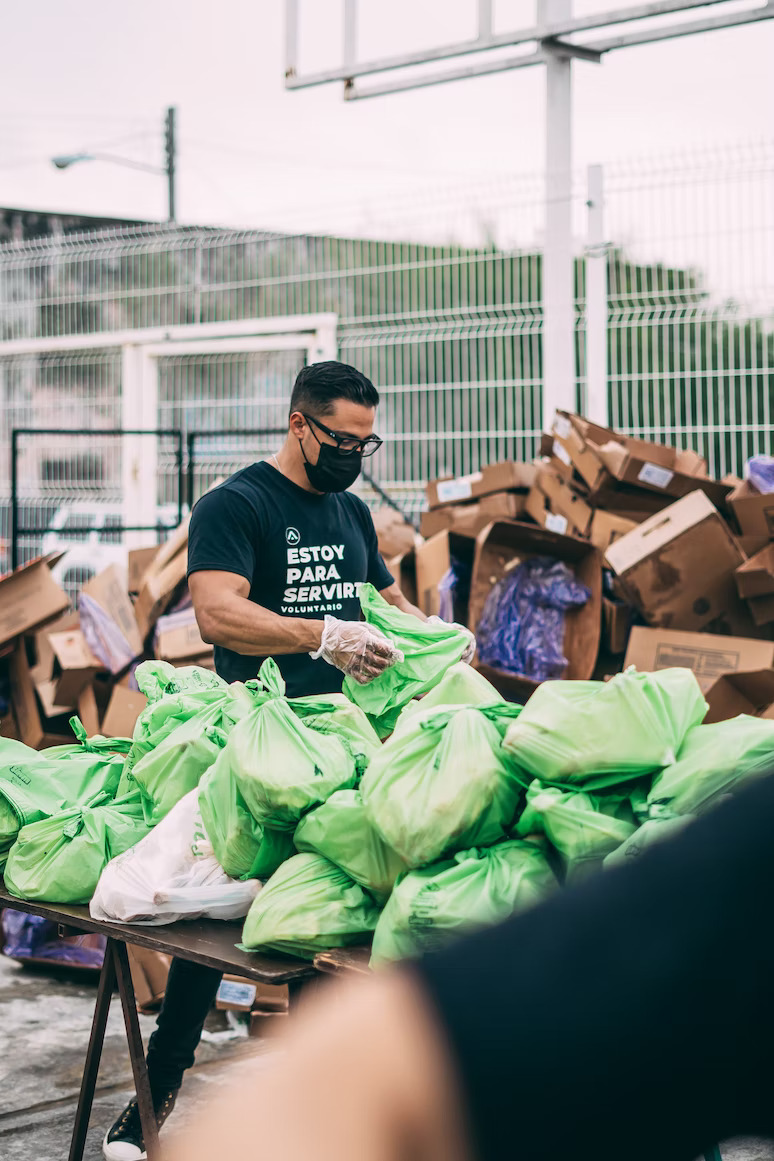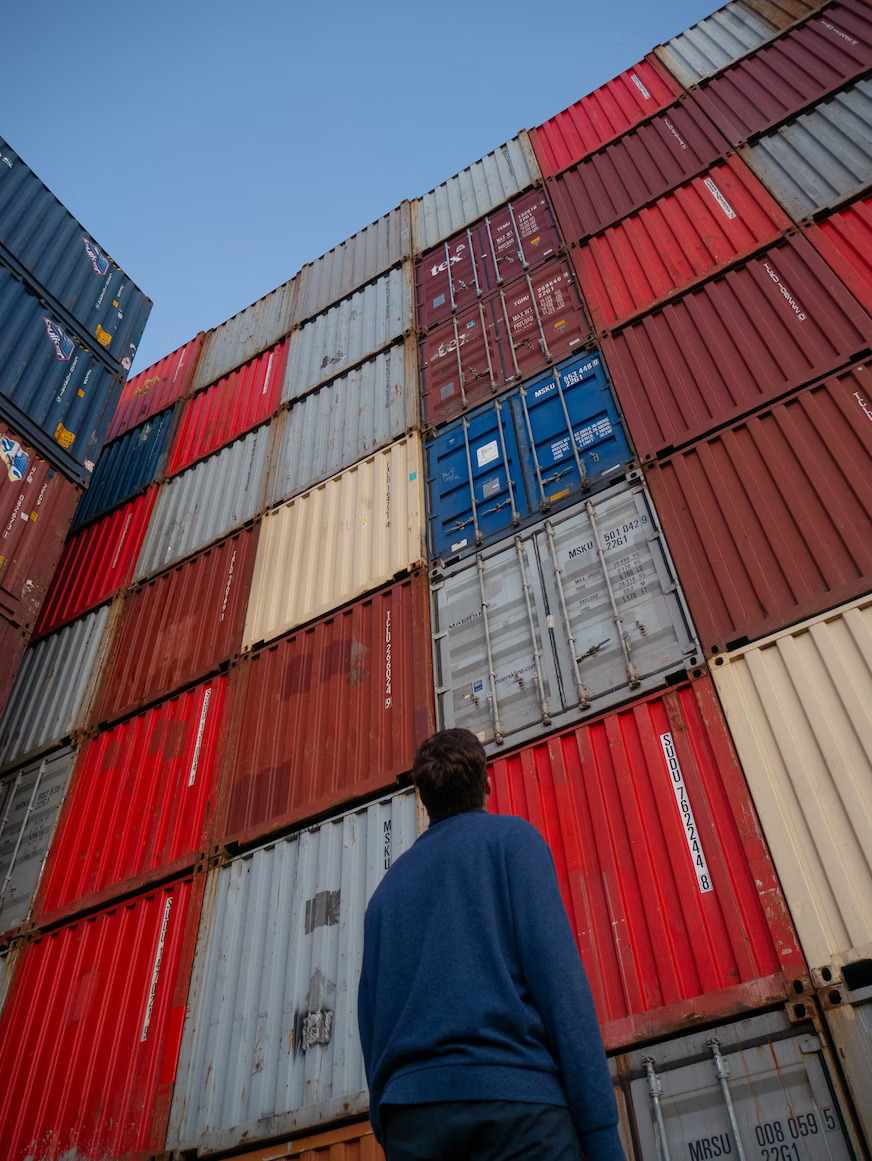What is Azana?
Azana is a platform that connects nonprofits that need products with companies that can supply them.
Have you ever played the game Telephone? Here’s how it goes. The first person in a line thinks of a message and whispers it to the second person in line. The second person then whispers to the third person, etc. etc. etc. By the time the message gets to the last person in line, it's been distorted. Words are missing. Words have changed. The whole meaning of the phrase can be lost.
Azana’s founders noticed this game of Telephone happening between nonprofits and companies. Nonprofits needed products to serve their communities, and companies wanted to donate their products, but efficient channels of communication didn’t exist.
We noticed that nonprofits requested donations (such as 500 pairs of children’s shoes) but because there was no easy way to communicate with donors, that message was getting scrambled. After the product request was passed from the nonprofit to their contact at a company, to that person’s boss, to marketing, and to logistics, the company might deliver products that the nonprofit hadn’t even asked for (such as 1000 pairs of men’s shoes).
After observing wasted time, space, and even donations, our team came up with a solution: Azana is a platform that allows nonprofits to request their exact needs from companies who can easily fulfill those needs.
How Azana works
Azana is a digital platform built for nonprofits and product donors.
“Giving. Better.”
Azana is a transparent donation marketplace that matches the supply from companies to the demand from nonprofits.
Review
Azana carefully vets and reviews every nonprofit on our platform to ensure that they meet our criteria to receive donations from companies.
Upload donations
Nonprofits can then upload donations that they need, and companies can “claim” that need and ship the requested product.
Quotes from Companies:
- "
I spent a number of weeks, months, looking into organizations that were helping refugees. And a lot of them were providing legal assistance, housing. There were some that were providing snacks. But it was difficult to find ones specifically letting the public know that they were helping feed refugees.
"
- "
We had donated to Puerto Rico after hurricane Maria. We sent care packages and boxes. But we didn't know what this was going to look like. So there was a lot of back and forth.
"
Quotes from NGOs:
- "

A church dropped off a truck full of random donations, we are storing all these items because we don't know what to do with them.
" - "

We will get lots of different donation shipments at unpredictable times, most volunteers stored supplies in their garages and living rooms.
"